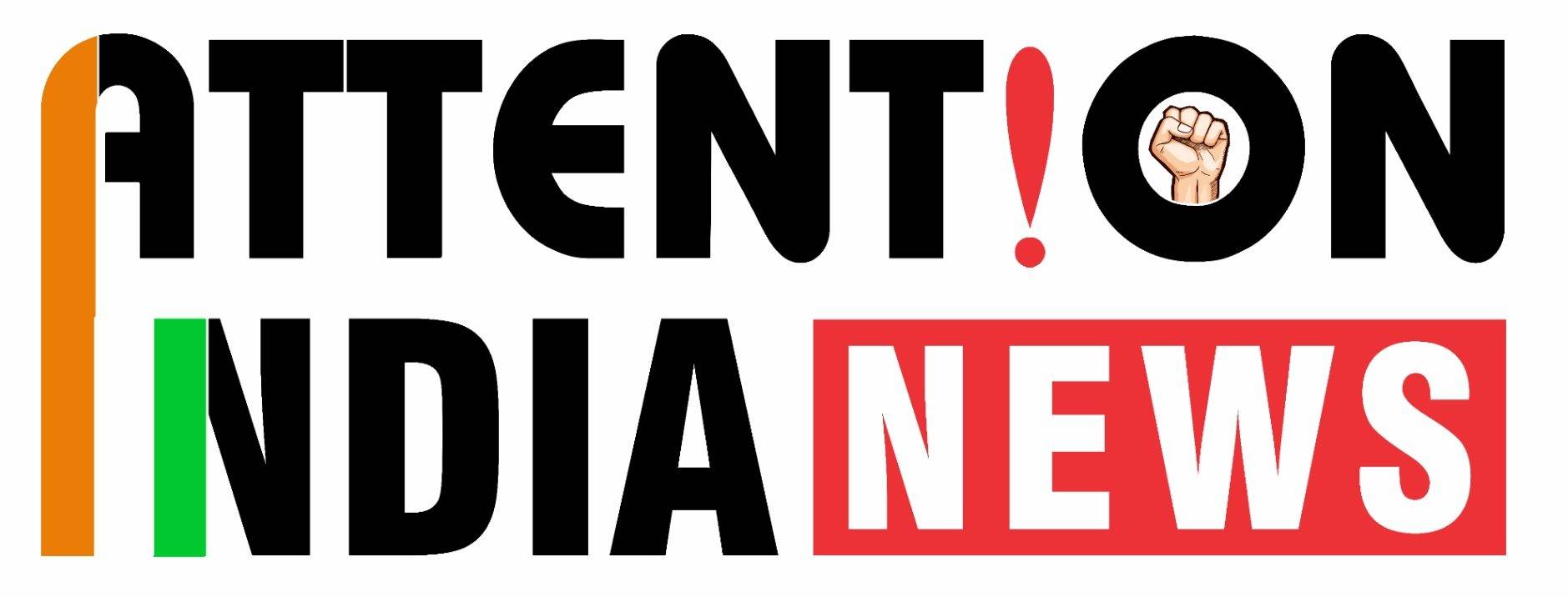Bharat Bandh on July 9; 25 Crore workers to go on strike tomorrow
The Bharat Bandh strike is expected to involve workers from a variety of industries, including coal mining, banking, insurance, and postal services.

New Delhi (India) July 8: More than 25 crore people from a number of industries, including banking, insurance, postal service, coal mining, and others, are expected to participate in the 'Bharat Bandh' nationwide strike on Wednesday. Ten central trade unions have joined forces to coordinate the walkout in protest of the government's "anti-worker, anti-farmer, and pro-corporate policies."
According to union leaders, the walkout will have an impact on state-run transport, factories, coal mining, banking, and postal services. Nationwide protests will also include farmers and rural workers.
The trade unions contend that the four new labour regulations that Parliament passed weaken workers' rights by extending working hours, making it harder to go on strike, and protecting employers from punishment for breaking labour laws. They are also protesting the outsourcing of jobs, the use of contract workers, and the privatisation of public sector entities, which they say threaten decent salaries and job security.
The forum claimed that it had previously sent Union Labour Minister Mansukh Mandaviya a 17-point charter of demands but had not heard back. It also claimed that the government had stopped holding the annual labour conference for the previous ten years and was instead implementing four labour regulations that would favour employers and weaken collective bargaining in the name of "ease of doing business.”
Amarjeet Kaur of the All India Trade Union Congress said, "The government has ignored our 17-point demand list and hasn’t even called the annual labour conference in the last 10 years” in a statement.
It also asserted that economic policies were increasing unemployment, driving up the cost of necessities, stifling salaries, and cutting back on spending on civic amenities, health care, and education, all of which increased inequality and burdened the middle class, lower-income groups, and the poor.
They claim that the four labour laws passed by Parliament were intended to "suppress and cripple the trade union movement, increase working hours, snatch workers’ right to collective bargaining, right to strike, and decriminalise employment violations by employers.”
On July 9, a Bharat Bandh is planned that might cause major disruptions in India's major industries. Employees from both the public and private sectors are anticipated to participate in large numbers, and workers from state-run steel industries and organisations such as NMDC will join the event.
Employees of cooperative banks and the public sector are likely to go on strike, even though banking unions have not formally declared one. This could have an impact on customer service and branch services.
A unified front of agricultural workers' unions and the Samyukta Kisan Morcha have also declared their support for the strike and promised widespread mobilisation in rural regions.
Public buses, taxis, and app-based cab services may have delays as a result of demonstrations, while private offices, schools, and institutions are anticipated to stay open.
Although there are currently no formal plans for a statewide railway strike, rallies near railway stations could cause small delays. Passengers are encouraged to verify train schedules prior to travel, and authorities are expected to strengthen security at strategic points.
The Bharat Bandh seeks to raise awareness of issues regarding workers. For updates, commuters and travellers are urged to check local news.
Aadrika Tayal

 Aadrika Tayal
Aadrika Tayal 





